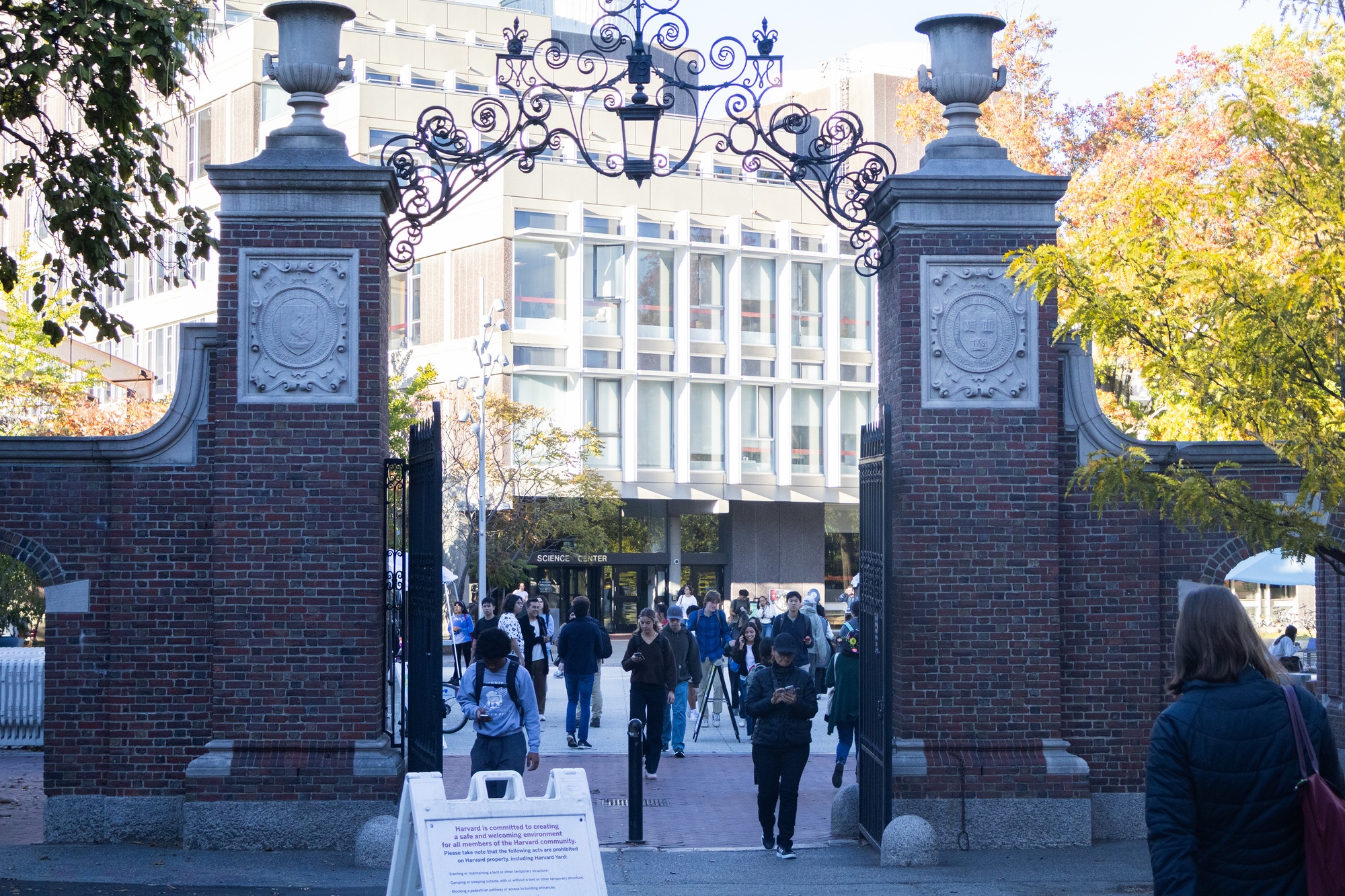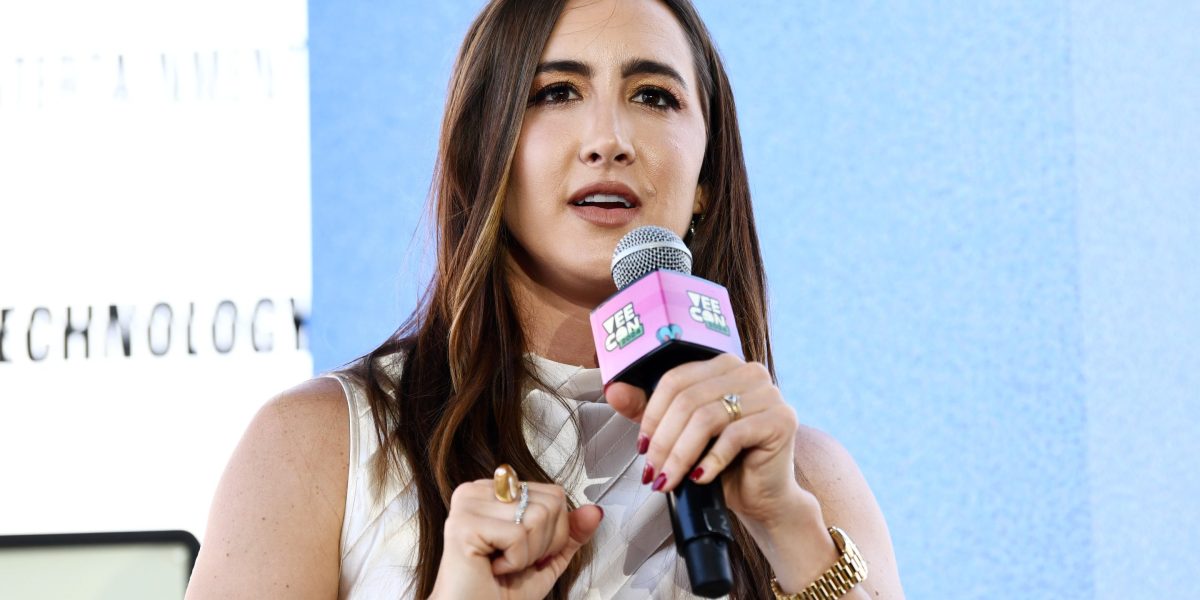Summary:
Josh Lerner's initial skepticism turned to success with Harvard College's first entrepreneurship class in 2021, attracting 40 students and proving demand.
Entrepreneurship courses have exploded in popularity, with over 300 students in "Startups: From Idea to Exit" and new classes added in biotechnology and life sciences.
Harvard overcame institutional hesitation about entrepreneurship being "too pre-professional," bridging the gap between liberal arts and applied learning.
Programs like the Lemann Program combine academics with incubator settings, offering hands-on experience, funding, and mentorship for student founders.
Students value these courses for providing real-world application and exposure, helping them explore paths beyond traditional roles like banking or consulting.
Future goals include formalizing entrepreneurship as a secondary field at Harvard, with optimism for continued growth and integration into liberal arts education.
From Skepticism to Success
When Josh Lerner, a renowned Harvard Business School professor and global entrepreneurship expert, first proposed teaching entrepreneurship at Harvard College during the pandemic, he thought he was "absolutely crazy." He doubted anyone would attend a case-based class, a format previously unseen at the College. But his fears were unfounded. In spring 2021, 40 students enrolled in Engineering Sciences 94: Entrepreneurship and Innovation, and within minutes of his first question on Zoom, 15 hands shot up. Lerner realized, "I just ran an experiment, and I've just got data that this is actually going to work."
Explosive Growth in Entrepreneurship Education
Five years later, entrepreneurship at Harvard College has exploded. Once limited to extracurricular programs and social enterprise workshops, the College now offers half a dozen classes on startups, venture capital, and innovation. This semester, ENG-SCI 30: "Startups: From Idea to Exit," co-taught by Lerner and Spencer M. Rascoff '97 (co-founder of Zillow and head of Tinder), has over 300 students enrolled—100 more than anticipated. It's one of the largest electives, rivaling cornerstone courses like Computer Science 50 and Life Sciences 1A.
New courses are continuously added, with two this year focusing on biotechnology and life sciences, and another on startup finance planned for next semester, taught by Lerner and venture capitalist Kent Bennett of Bessemer Venture Partners. Lerner, who watched HBS build dozens of entrepreneurship courses, sees this as filling a long-standing gap, bringing "structured learning" from the Business School to undergraduates to prepare them for experiential programs at the Innovation Labs.
Overcoming Institutional Hesitation
The College's embrace of entrepreneurship didn't come easily. Alain Viel, who teaches MCB 102: "Creativity, Innovation, and Entrepreneurship in the Life Sciences," noted that for years, the word "entrepreneurship" raised concerns among administrators who viewed it as "too pre-professional." Sam H. Magee, leading entrepreneurship programming at the Office of Undergraduate Education, encountered "healthy questioning" and described "Harvard time" as slower than MIT's, where he previously supported student startups.
This hesitation reflects a broader tension between Harvard's traditional liberal arts focus and the applied nature of startup education. While MIT has long embraced industry partnerships, Harvard kept its distance, prioritizing theory until recent moves into engineering and innovation. Viel argued that entrepreneurship and liberal arts are not antithetical but should co-exist, integrating creativity and entrepreneurship into liberal arts education to bridge the gap between classroom ideas and real-world application.
Bridging Theory and Practice
Programs like the Lemann Program on Creativity and Entrepreneurship, developed by the late biologist Robert A. Lue and investor Jorge Paulo Lemann '61 in 2020 and now led by Magee, offer studio lab courses (CE10 and CE11), workshops, funding, and an accelerator for student founders. Laura S. Wegner '25, a Rhodes Scholar at Oxford who participated in the program, described it as combining academics with an incubator setting, providing hands-on experience and feedback.
Students appreciate the applied nature of these courses. Christopher B. Kim '26, a Biomedical Engineering concentrator, said Harvard's liberal arts education often keeps concepts "in a bubble, sort of without context," making applied classes invaluable. Jang G. Choe '26, studying human and evolutionary biology and economics, noted that courses like LS-132 on biotechnology entrepreneurship offer low-stakes exposure, helping students explore paths beyond traditional roles like banking or consulting.
Future Goals and Broader Impact
Lerner sees the growing interest as validation and aims to formalize entrepreneurship as a secondary field at the College, despite challenges. He remains optimistic, citing exciting classes and positive interest. Viel hopes this enthusiasm reshapes Harvard's approach to liberal arts, integrating new aspects to adapt higher education to modern society.









Comments